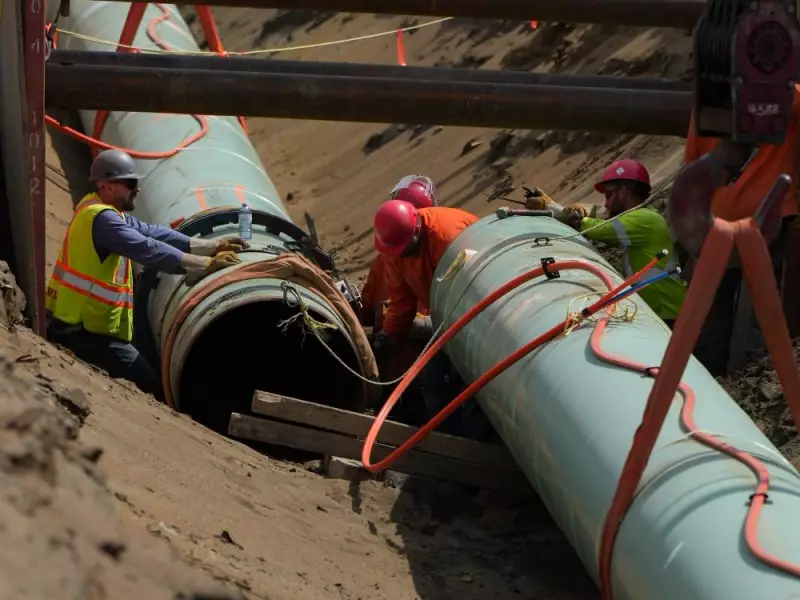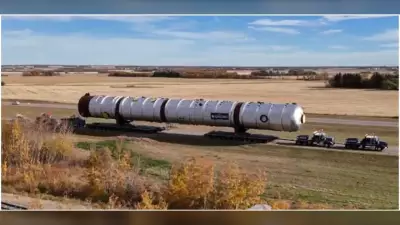
In a powerful response to recent comments by former Prime Minister Jean Chrétien, former Alberta finance and energy minister Ted Morton has articulated the growing frustration among Albertans who feel their province disproportionately funds Confederation while facing persistent barriers to economic development.
The $475 Billion Imbalance
Morton presents staggering financial data that underscores Alberta's outsized contribution to Canada's prosperity. Over the past two decades, Albertans have sent $475 billion more in taxes to Ottawa than has returned to the province through federal spending. This translates to an average net annual contribution of $23 billion, meaning a typical Alberta family of four effectively "shares" more than $20,000 with the rest of Canada each year.
"Albertans will not be lectured on sharing," Morton states emphatically. He notes that due to Alberta's massive contributions to equalization and other federal programs, every school, hospital, nurse, and teacher east of the Ottawa River—including in Chrétien's home province of Quebec—receives subsidies funded by Albertans.
Pipeline Projects Blocked Despite Indigenous Support
The frustration extends beyond financial imbalances to tangible economic barriers. Morton recounts his experience as Alberta's energy minister when Enbridge invested over $1 billion developing the Northern Gateway pipeline proposal to the West Coast. Despite securing agreements with virtually every Indigenous community along the proposed route, the project was ultimately rejected by the federal government.
Since that rejection, Morton argues, a suite of federal regulations has created an environment hostile to pipeline development. The federal tanker ban effectively makes any oil pipeline proposal a non-starter, while the Impact Assessment Act threatens to "strangle projects with red tape." Even if exceptions were granted, the federal emissions cap for oil and gas would limit production increases needed to fill new pipelines.
Constitutional Responsibilities and Economic Consequences
Morton challenges Chrétien's characterization of Alberta Premier Danielle Smith's position as "double-talk," arguing instead that the Alberta government is simply expecting the federal government to fulfill its constitutional duty to ensure interprovincial infrastructure isn't blocked by individual provinces.
"Alberta's productivity boosts Canada's prosperity and federal coffers," Morton emphasizes. "Strangling our resource sector risks our future, and with that our ability to continue as a contributing member to the federation." The message from Alberta is clear: the province seeks not special treatment, but fair treatment that acknowledges its contributions and allows it to responsibly develop its resources.
The ongoing construction of the Trans Mountain pipeline expansion, photographed in Abbotsford, B.C. in May 2023, represents both the potential and the challenges facing Alberta's energy sector. Morton's commentary serves as a stark reminder that the economic partnership between Alberta and the rest of Canada requires mutual respect and practical cooperation on infrastructure development.






